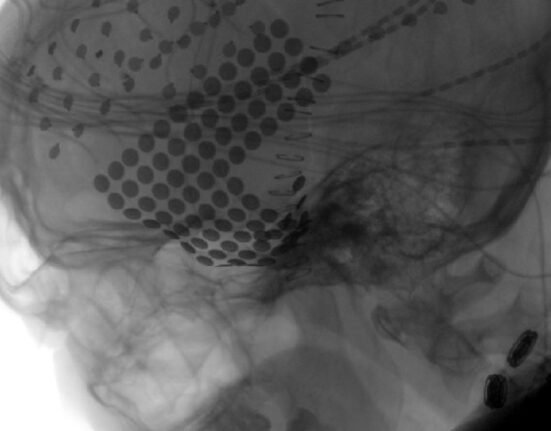HQ Team
July 19, 2023: Researchers from Indiana University have made a significant breakthrough in understanding the genetic factors behind Alcohol Use Disorders (AUDs). Their study, published in Alcohol: Clinical and Experimental Research, sheds light on the role of multiple gene groups in the development of AUDs. They found that genes mediating pain sensation act together with two other groups of neural genes involved in neural communication in promoting AUD.
The research team, led by Dr. Feng Zhou from the IU School of Medicine, alongside Dr. William Muir from Purdue Department of Animal Sciences, employed three different animal models created in the IU Alcohol Research Center. By studying these models, the researchers investigated how genes influence the desire for alcohol.
“We know inherited genes are a major contributor to this disease, because past studies have shown family genetics to be directly associated with alcohol dependence within a family, such as identical twins raised in different environments,” said Dr. Feng Zhou.
The study involved an extensive analysis of approximately 3 billion DNA base pairs containing nearly 30,000 genes in 70 individual animals. Through statistical analysis, the researchers identified specific genes responsible for drinking behaviors, ensuring population differences were based on drinking behaviors rather than chance genetic variations or other environmental factors.
Multiple genes influence alcohol behavior
The findings revealed that a group of genes influencing neuronal plasticity, pain perception, and neural communication played a crucial role in the development of AUDs. These genes work together to facilitate neuroadaptation and neuroplasticity, leading to changes in brain communication.
“The function of these three groups of genes is important for neuroadaptation and neuroplasticity, meaning that they can change brain communications,” Zhou said.
The research also highlighted the presence of a key cohort of genes that impact alcohol use, some of which carried silent mutations, meaning they did not alter the translated protein sequence. However, they influenced gene transcription rates and conformation, leading to changes in other genes associated with alcoholism.
The researchers emphasized that their study marked the first time that multiple animal models had been used simultaneously in this pursuit. Previous research predominantly focused on single genes, whereas this study demonstrated the significance of large groups of genes in the development of AUDs.
Brain modification and alcohol use
Dr. Zhou noted that the brain undergoes modifications over time during drinking, similar to drug abuse. Genetically influenced neural plasticity or adaptation appears to contribute to the pleasurable and tolerable aspects of drinking, as well as providing pain relief.
The implications of these findings are promising. Genetic testing for alcoholism could become a possibility, allowing individuals to be aware of their high genetic tendency towards alcohol dependence. Armed with this knowledge, individuals may choose to moderate their drinking and take preventive measures.
However, the researchers also acknowledged the need for further investigation to validate these findings in human subjects. If confirmed, these findings could pave the way for more targeted treatments, genetic tendency testing and preventive strategies for individuals suffering from AUDs.
The study was a collaborative effort involving researchers from the IU School of Medicine and the Indiana Alcohol Research Center at IU School of Medicine.
While the study provides valuable insights into the genetic underpinnings of AUDs, it is essential to remember that alcohol dependence is a complex issue influenced by a combination of genetic, environmental, and social factors.






